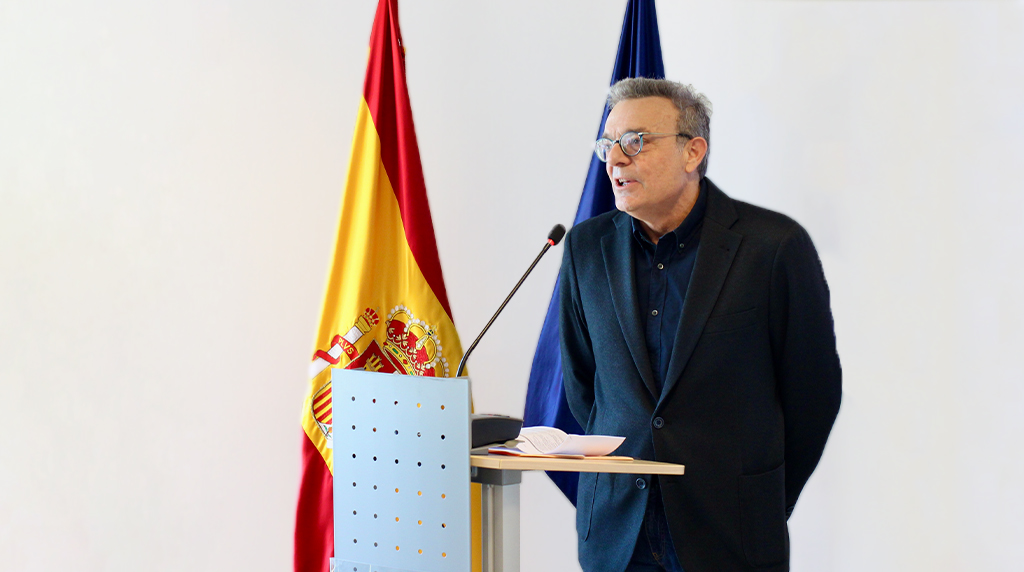Enrique Terol Garcia of Spanish Presidency: ‘We must formulate an action plan’ for rare diseases
October 2023
Earlier this month, at the Conference on Rare Diseases and the European Reference Networks, we had the privilege of catching up with Enrique Terol García, Health Counsellor at the Permanent Representation of Spain to the European Union.
This event, organised by the European Economic and Social Committee, under the auspices of the Spanish Presidency of the EU Council, served as a pivotal platform to discuss the progress of the European Reference Networks (ERNs) and Spain’‘s initiatives in the area of rare diseases.
Our discussion with Mr. Terol García delved into Spain’‘s determination to substantiate its endorsements with concrete actions.
Spain has endorsed the call for action from the Czech Presidency previously. What has or will be done to back up this endorsement and work towards actioning the detailed plans?
I would say that our intention with this conference is to keep the momentum going and to build upon the French and Czech aims. Additionally, another goal of the conference is to produce conference conclusions, and we will do something similar to the Czech Presidency in distributing those conclusions to the Member States.
The European Economic and Social Committee will do the same, and we will see if the Member States endorse it.
Mainly, our message is the same as previous presidencies: We need to have a European plan on rare diseases. It’s the right time to do it because the Commission has to prepare the new Commission plan, and they are currently taking ideas. My impression is that the Commission is listening carefully, so the hope is that they will adopt our call to action into the plan for the next Commission.
With all the talk around an EU action plan, do you feel like it’s becoming more of a reality?
Yes. It just requires putting bits together that are already there because it’s not a matter of funding – the funds are available. Of course, there could always be more funding, but the funds are not the issue.
What we are missing is what was discussed today: an integrated approach with established policies. Within the European Union, the competence of healthcare systems is the responsibility of Member States, but you could connect it at the European level. I would say that’s the main role of the Commission – to put everyone around the table and to agree on things. This would result in having updated national plans and exchanging best practices. All these things are standard elements of the Commission’s work, but for rare diseases to achieve this, we must formulate an action plan encompassing all elements: goals, funding, et cetera.
How will Spain implement the integration of ERNs and the country-specific recommendations from the proposed Joint Action on Rare Diseases that it supports?
It’s already ongoing. There are several established centres in Spain, and the Ministry for Health is directly involved.
However, once the joint action plan is launched, we will review its recommendations and implement changes. We already have a similar system to the one envisaged by the rare disease community in Spain, insofar as we have a national fund to reimburse patients moving across the country for medical purposes. We have also established communication methods to exchange information between medical professionals. Of course, it can always be improved, and one of the challenges will be communicating on the wider European level. This is just one of the many areas of action within the European health data space which we are working on.
Enrique Terol García is the Counsellor for Health at the Permanent Representation of Spain to the EU. Before taking on this role, he was a Senior Policy Offer and Team Leader at the European Commission. Prior to moving his career to Brussels, he worked at Spain’s Health Ministry as Deputy Director General of Health Planning and Quality.
